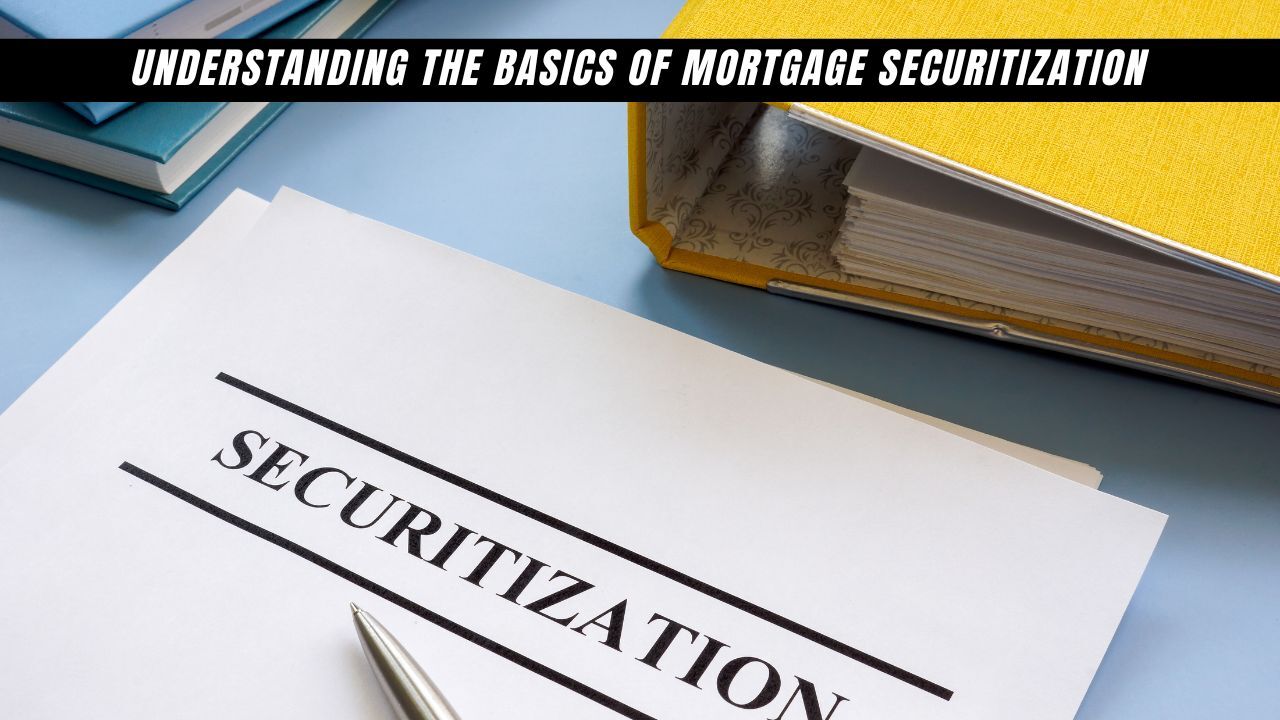 Asking your parents to co-sign a mortgage can be one of the most vulnerable conversations you will ever have. It is not just about paperwork and finances, it is about trust, timing, and long-term commitment. Whether you are a first-time buyer or trying to qualify for better loan terms, a co-signer can make a big difference, but only if everyone involved is fully informed and comfortable.
Asking your parents to co-sign a mortgage can be one of the most vulnerable conversations you will ever have. It is not just about paperwork and finances, it is about trust, timing, and long-term commitment. Whether you are a first-time buyer or trying to qualify for better loan terms, a co-signer can make a big difference, but only if everyone involved is fully informed and comfortable.
Understand What Co-Signing Really Means
Before bringing it up, make sure you understand what co-signing a mortgage involves. A co-signer is not just offering moral support, they are legally agreeing to repay the loan if you cannot. Their credit and financial standing are on the line. Be ready to explain what this means in plain terms and show that you are approaching the conversation with maturity and respect.
Choose the Right Time and Setting
This is not a casual conversation to squeeze in during dinner or between errands. Pick a calm moment when your parents are not distracted or stressed. Let them know ahead of time that you would like to discuss something important and ask for a moment of their time. Creating a respectful and relaxed environment helps everyone stay open and focused.
Share Your Why With Honesty
Parents want to help their children succeed, but they also want to know your intentions. Why is co-signing necessary? Have you explored all other options? How will this help you build stability? Be honest about your financial situation, your goals, and how this opportunity fits into your long-term plan. Show them that you are not just asking for help, you are taking responsibility.
Show That You Are Prepared
Come to the conversation with documentation or research. Outline the loan you are applying for, the projected monthly payments, and how you plan to stay on top of your finances. If possible, have a mortgage professional help you explain the numbers. Demonstrating that you have done your homework builds credibility and reassures them that you are thinking ahead.
Be Ready for Questions and Concerns
This will likely not be a one-and-done conversation. Your parents may have questions about risks, credit, or even emotional concerns. Be patient. Listen to their perspective and be open to their feedback. They may need time to process everything, and that is okay.
Respect Their Decision
No matter how the conversation goes, be grateful for their time and honesty. If they choose not to co-sign, try not to take it personally. There may be financial or emotional reasons you are not aware of. Thank them for considering it and keep working toward your goal, there are always other paths to homeownership. Give us a call and we can discuss all of your options together.
 Buying a home is one of the most exciting milestones in life, but the thought of taking on a mortgage often creates anxiety. The idea of owing hundreds of thousands of dollars can feel overwhelming, even if you are financially stable. If you have ever hesitated to move forward with a home loan out of fear, you are not alone. This emotional reaction is more common than many people realize.
Buying a home is one of the most exciting milestones in life, but the thought of taking on a mortgage often creates anxiety. The idea of owing hundreds of thousands of dollars can feel overwhelming, even if you are financially stable. If you have ever hesitated to move forward with a home loan out of fear, you are not alone. This emotional reaction is more common than many people realize.
 Financial hardship can happen for many reasons
Financial hardship can happen for many reasons  A rent-to-own agreement is a contract that allows a tenant to rent a home with the option to buy it later. Part of the monthly rent payment typically goes toward the future down payment or purchase price. This approach can be ideal for buyers who need more time to improve their credit, save money, or get financially ready for homeownership. It blends the flexibility of renting with the long-term goal of owning.
A rent-to-own agreement is a contract that allows a tenant to rent a home with the option to buy it later. Part of the monthly rent payment typically goes toward the future down payment or purchase price. This approach can be ideal for buyers who need more time to improve their credit, save money, or get financially ready for homeownership. It blends the flexibility of renting with the long-term goal of owning. Buying a home is not just a financial decision, it is an emotional one too. For many people, homeownership represents stability, success, and personal freedom. Whether it is the excitement of finding your dream kitchen or imagining holidays with family, emotions naturally come into play. These feelings can create a strong connection to a property and often influence the decisions buyers make, sometimes even more than logic does.
Buying a home is not just a financial decision, it is an emotional one too. For many people, homeownership represents stability, success, and personal freedom. Whether it is the excitement of finding your dream kitchen or imagining holidays with family, emotions naturally come into play. These feelings can create a strong connection to a property and often influence the decisions buyers make, sometimes even more than logic does. As more homeowners look for ways to reduce utility bills and make their homes environmentally friendly, energy-efficient improvements have become a smart investment. The good news is that you do not need to pay out of pocket for all the upgrades at once. There are mortgage financing options that allow you to make energy-efficient improvements while also making your home more comfortable and affordable in the long run.
As more homeowners look for ways to reduce utility bills and make their homes environmentally friendly, energy-efficient improvements have become a smart investment. The good news is that you do not need to pay out of pocket for all the upgrades at once. There are mortgage financing options that allow you to make energy-efficient improvements while also making your home more comfortable and affordable in the long run.
 As Americans prepare to celebrate the Fourth of July, it is important to reflect on the core values that define our nation: freedom, opportunity, and the pursuit of a better life. These same ideals continue to inspire individuals and families across the country to pursue homeownership, which remains a foundational part of financial independence and long-term security.
As Americans prepare to celebrate the Fourth of July, it is important to reflect on the core values that define our nation: freedom, opportunity, and the pursuit of a better life. These same ideals continue to inspire individuals and families across the country to pursue homeownership, which remains a foundational part of financial independence and long-term security. What Is Mortgage Securitization?
What Is Mortgage Securitization?